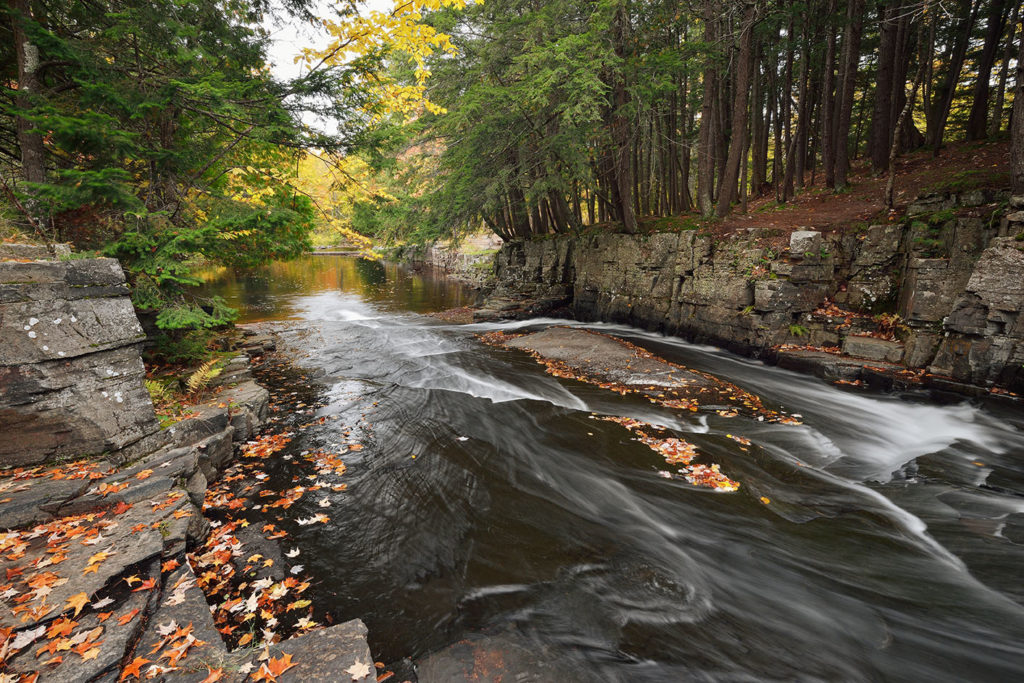
Freshwater Future Weekly: May 5, 2023
Success: DNR Rejects Proposed Camp Grayling Lease Expansion
Last week, Michigan’s Department of Natural Resources (MI DNR) denied a proposed 20-year lease expansion for Camp Grayling – the largest national guard training facility in the United States, covering 162,000 acres. The expansion would have swelled the camp to more than double its size and threatened fragile ecosystems, including some of the most treasured waterways in the state. Through Freshwater Future’s online action platform, over 200 people sent in comments encouraging the MI DNR to reject the proposal – Thank you again to everyone who took action, our efforts paid off! The MI DNR did however approve a Memorandum of Understanding that allows the military to apply for a permit to access a smaller 52,000 acres of state land, for more limited training. Freshwater Future will continue to monitor this issue and keep you posted.
2023 Great Lakes and St. Lawrence Day on Parliament Hill in Ottawa
Started in 2016 by Freshwater Future Canada, Strategies Saint-Laurent, Great Lakes Fisheries Commission, Council of the Great Lakes Region, and the Great Lakes and St. Lawrence Cities Initiative, the annual Great Lakes and St Lawrence Day on the Hill is an opportunity for Great Lakes organizations to meet with Members of Parliament and Senators from all parties to educate lawmakers about Great Lakes issues, raise awareness and advocate for regional interests. Freshwater Future’s Andréa Dubé, attended the event to both celebrate the recent $420 million commitment to the Great Lakes and to discuss how to ensure these funds are used effectively and directed toward key priorities. We look forward to the opportunity to work collaboratively with the various levels of government and the other Great Lakes NGOs, to protect and restore the Great Lakes.

Wisconsin Flooding Increases Risk of Exposure of Canadian Oil and Gas Pipeline
Spring flooding along the banks of the Bad River in northern Wisconsin has caused significant erosion and shortened the distance between the river and the Line 5 pipeline to only 18 feet in one location. The Bad River Band of Lake Superior Chippewa and environmental organizations are concerned about the pipeline that is designed to be underground becoming exposed and rupturing. The Bad River Band sued the oil company to re-route the pipeline around its traditional territory, which is now in the planning stages.